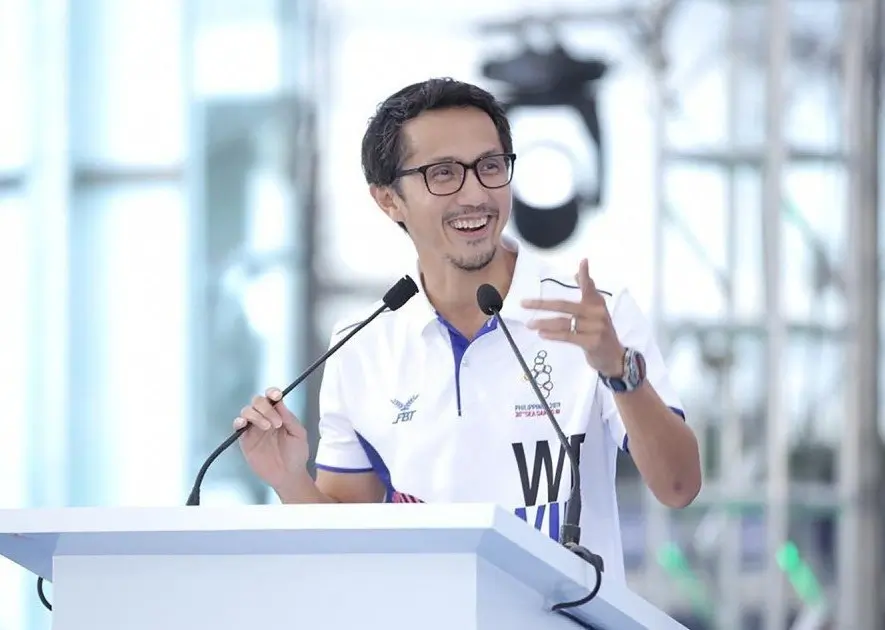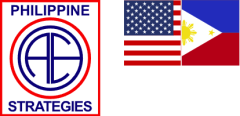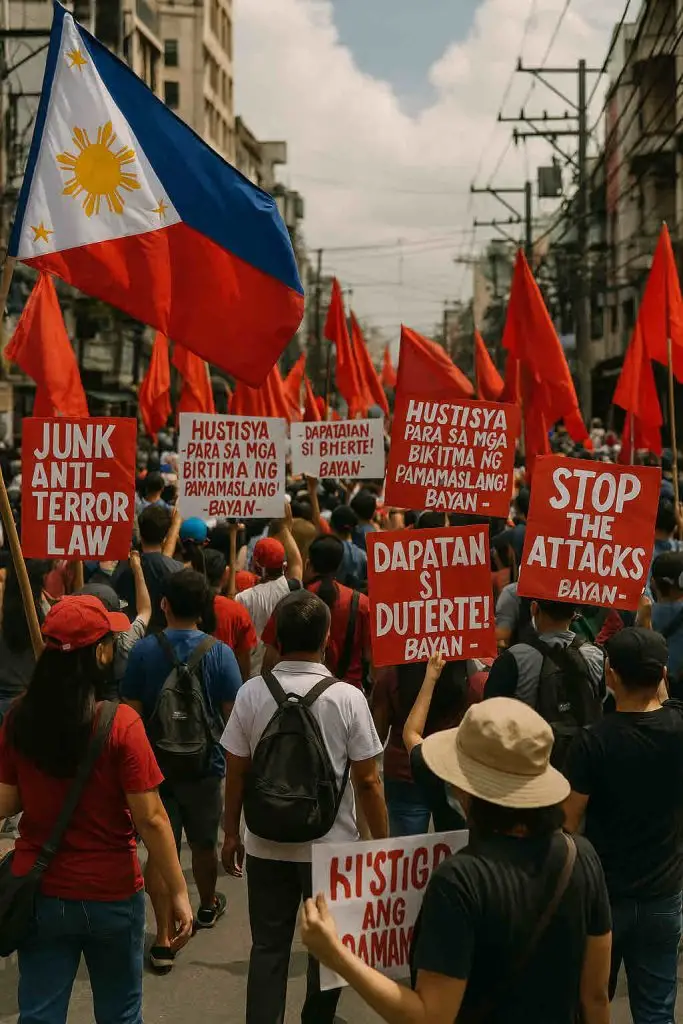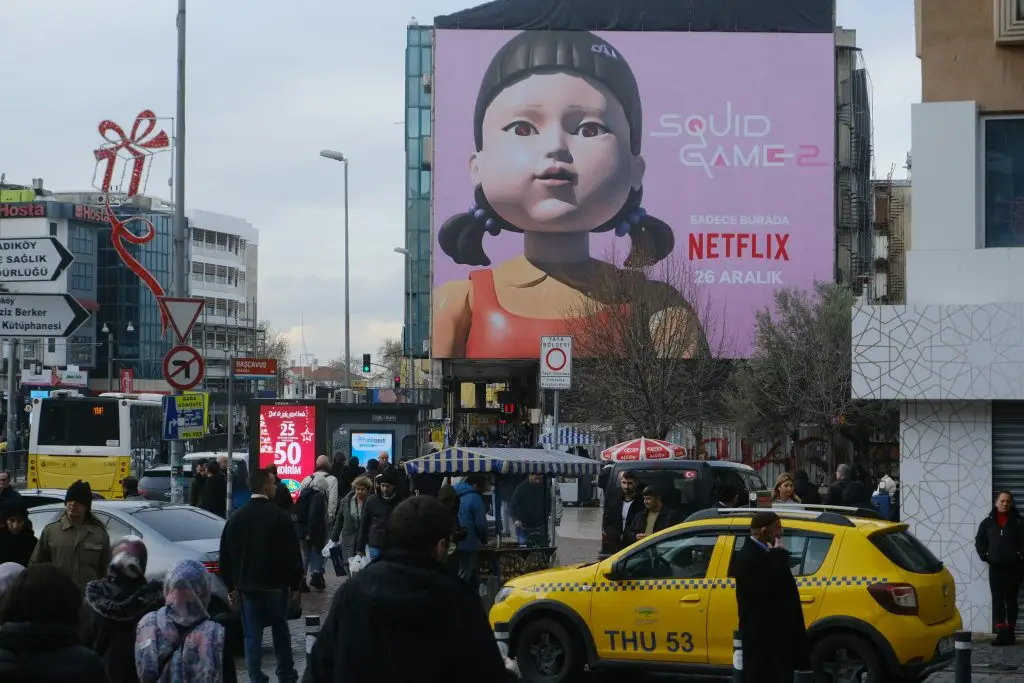
Vivencio “Vince” Bringas Dizon has been the golden boy of Philippine politics for nearly 25 years, wearing various special government unit leadership hats under several senators and presidents, occupying positions that have traditionally been assigned to folks 20+ years older. A darling of local social media, he and other notables of his generation are forming a “Grupo Reformista” (Reformist Group) that portend real change for the country. But can he, and they, deliver?
A New Wave of Filipino Leadership
In the raucous political landscape of the Philippines in 2025, a new generation of leaders is reshaping governance, moving away from entrenched dynasties and patronage systems toward transparency, efficiency, and people-centered policies. Among them, Vince Dizon, alongside figures like Isko Moreno, Tonypet Albano, and Vico Sotto, represents a shift toward pragmatic reform. As Secretary of Transportation and later DPWH Chief, Dizon’s real-world approach has been pivotal in addressing systemic issues, promising tangible improvements in the lives of ordinary Filipinos. Dizon’s focus on national infrastructure and anti-corruption measures positions him as a linchpin in the broader movement to modernize governance and uplift communities.
Appointed SecDOTr early this year, Vince Dizon brought experience from his tenure as President of the Bases Conversion and Development Authority (BCDA) to bear, along with his work in the “Build, Build, Build” program under former President Duterte. His current duties, expanded to include oversight of public works and flood control, places him at the heart of addressing some of the Philippines’ most pressing challenges: traffic congestion, disaster vulnerability, and corruption in infrastructure projects.
The Technocrat, Transforming
Dizon’s track record demonstrates a commitment to results. At BCDA, he spearheaded projects like the Clark Freeport Zone and New Clark City, which created thousands of jobs and boosted the regional economy, particularly benefiting low-income workers and small businesses in Central Luzon. His data-driven approach ensured projects were completed on time and within budget, a rarity in a country where cost overruns and delays are common. His leadership in the Department of Transportation focused on modernizing public transit systems, such as expanding the Metro Manila Subway and improving provincial connectivity. These initiatives directly impact daily commuters, office workers, and students, by reducing travel times and costs, thereby increasing disposable income for families.
Dizon’s anti-corruption stance is noteworthy. Going after and penalizing those who abscond with public funds has become one of his main efforts. As seen in the recent spate of DPWH scandals investigated by the Senate, infrastructure projects have historically been plagued by kickbacks and mismanagement in the Philippines. Dizon rightly emphasizes that implementing and overseeing transparent bidding processes and leveraging technology for project monitoring enhances public trust. This means safer communities, especially in flood-prone areas, and more resources redirected to social services like healthcare and education, a message that he and his Grupo Reformistas are getting through to the people on TikTok, YouTube and X.
A Generational Shift
While Dizon drives national progress, other GR’s like Isko Moreno, Tonypet Albano, and Vico Sotto complement his efforts at local and legislative levels. Moreno, re-elected Manila mayor in May of 2025, has transformed the capital with cleaner streets and better services, directly improving urban living conditions. Isabeleño Albano pushes rural-focused legislation, enhancing agricultural productivity and healthcare access for farmers. Pasig City’s reformist mayor Sotto has set a national benchmark with his Freedom of Information ordinance and transparent governance, empowering citizens and curbing petty corruption.
Together, these leaders reflect a post-2025 midterm election trend where youth voters making up roughly 60% of the electorate demand accountability and reject traditional power blocs. Their collective efforts align with national priorities under President Marcos Jr., including sustainable development and corruption alleviation, fostering a governance model that prioritizes the public good.
Impact on Ordinary Filipinos
Dizon’s infrastructure reforms have had a ripple effect. Improved roads and public transport reduce logistics costs, stabilizing prices for goods and benefiting consumers. Enhanced flood control protects benefit vulnerable communities, preserving livelihoods for farmers and fisherfolk. By rooting out corruption, Dizon has made plans for billions in public funds to be reinvested into schools, hospitals, and poverty alleviation programs. These changes mean better access to education for children, affordable healthcare for families, and economic opportunities for the working class.
As the Philippines looks toward 2028, Dizon and his contemporaries signal a departure from politics-as-usual and angry, unproductive threats of violence emanating from the south. His technocratic expertise and youthful energy, combined with the grassroots dynamism of Moreno, Albano, and Sotto, offer hope for a spiritually exhausted nation. For the average Filipino, this new wave of leadership potentially translates to a government that works for them – building safer cities, stronger economies, and a fairer society. With Dizon at the helm of critical infrastructure, the promise of a modern, equitable Philippines is not just a vision but a tangible reality taking shape. His future, and that of the Grupo Reformista team members – if they can remain clear of the turbulent political waters here through which hungry sharks often swim – looks bright, none the least of which taking notice being the international diplomatic community and foreign investors.


